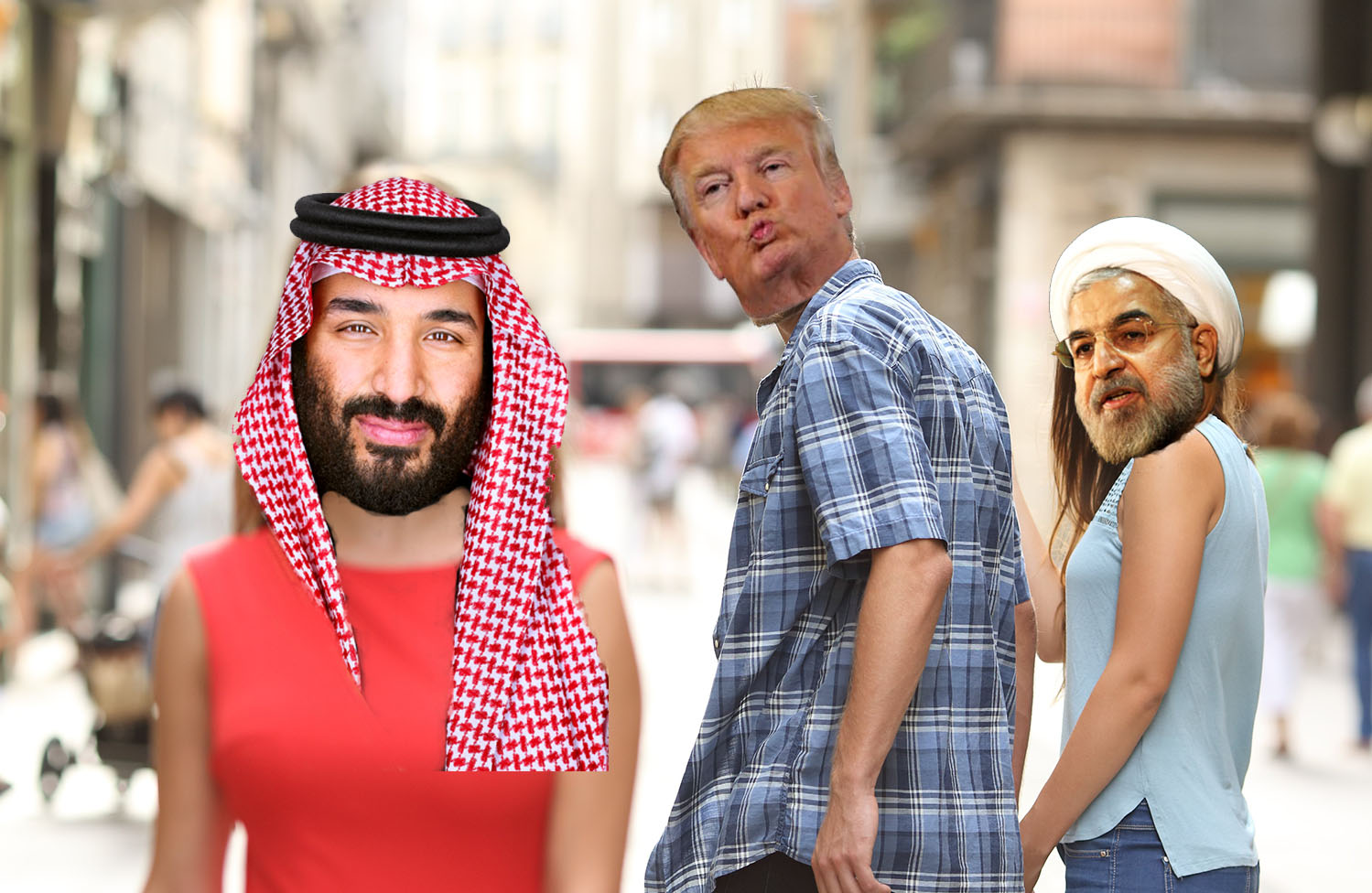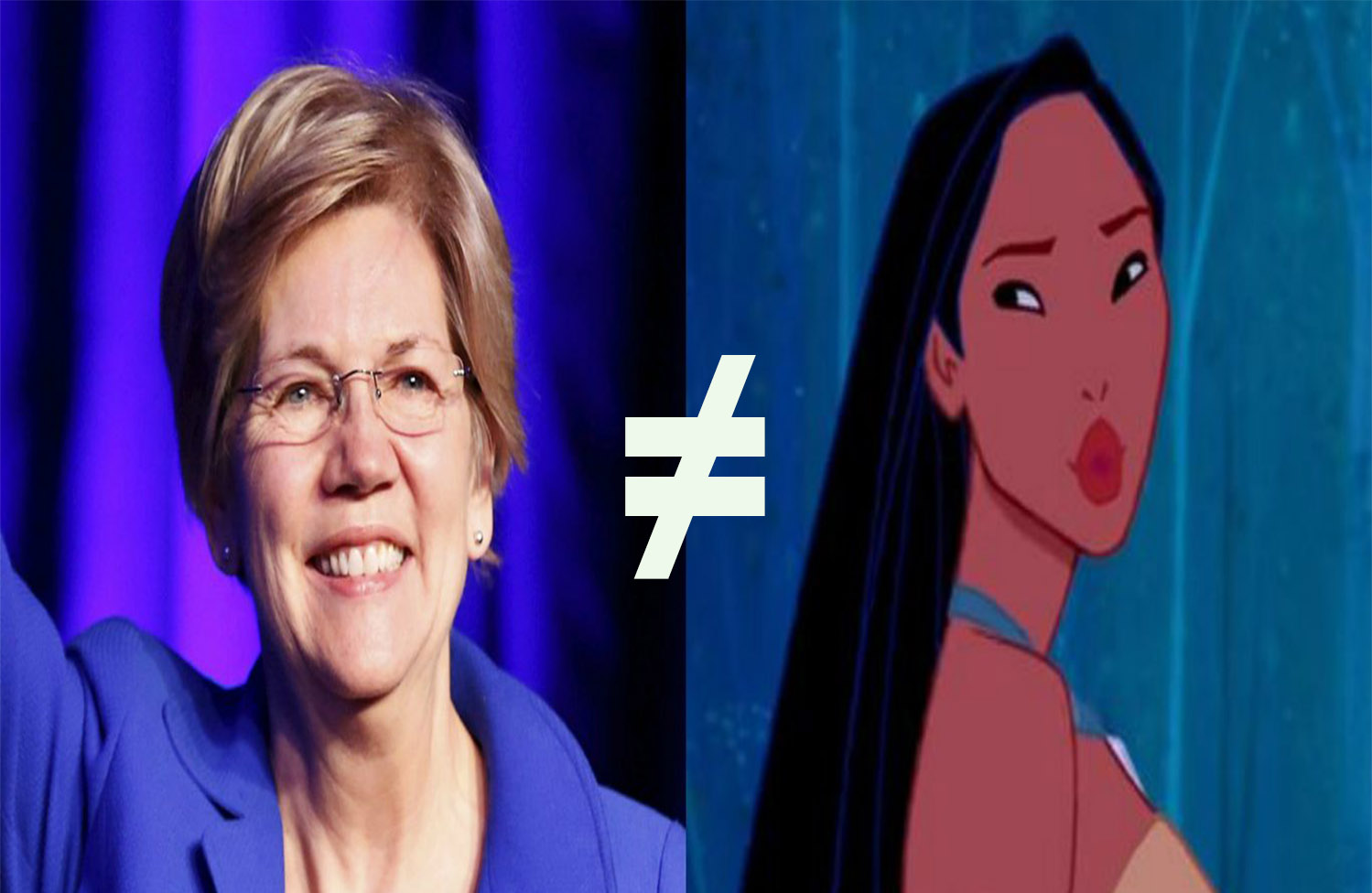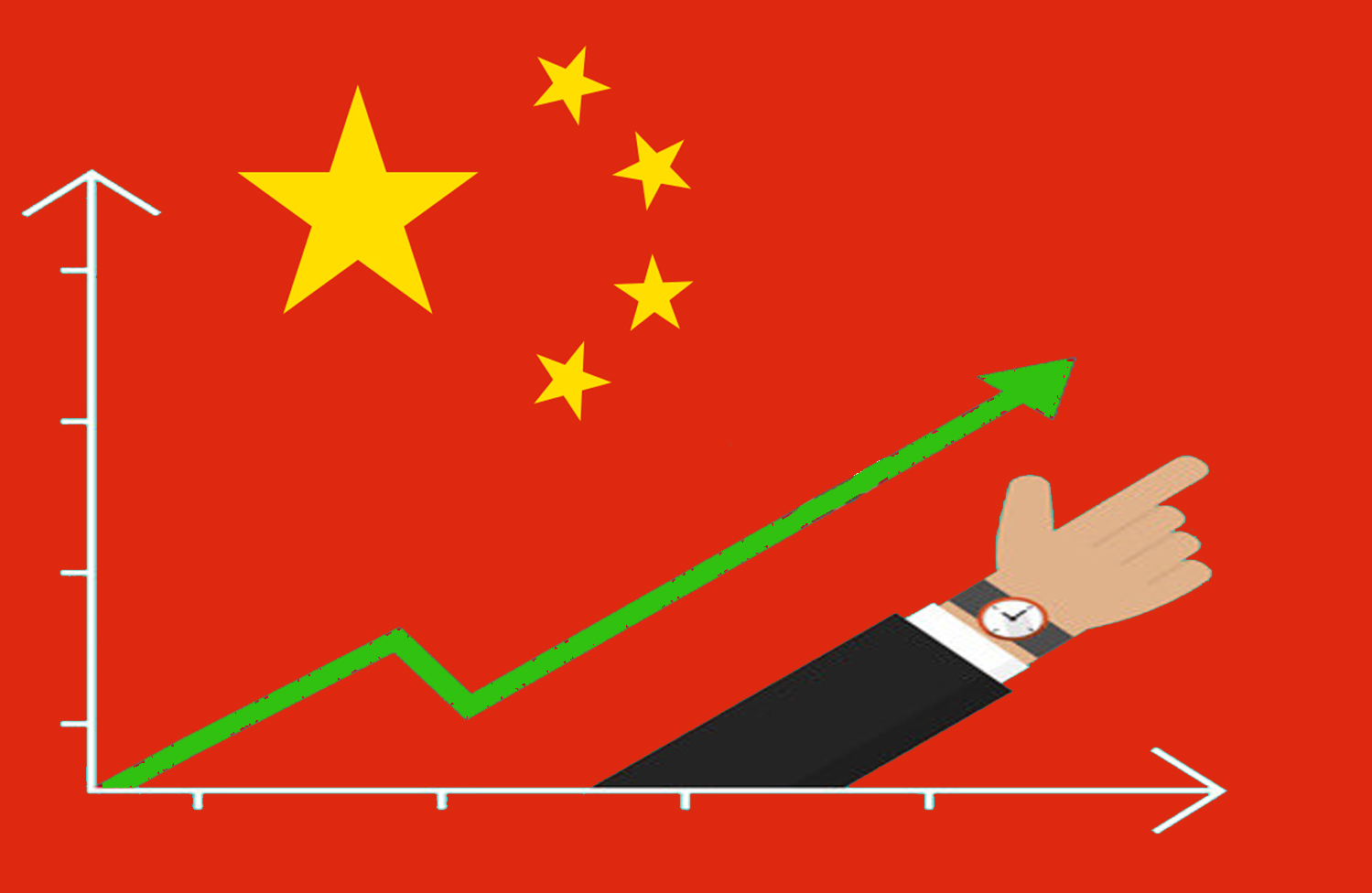Jamal Khashoggi, the Washington Post columnist who mysteriously disappeared from the public after he entered the Saudi consulate in Istanbul to file marriage paperwork earlier this month, was drugged, beaten senseless, murdered and dismembered by Saudi operatives, The Wall Street Journal reported late Tuesday.
President Trump, aside from sending diplomatic errand boy Mike Pompeo to meet with the Saudi royal family, has been apathetic in terms of doling out any type of punishment, given that Khashoggi lived in Washington D.C. and wrote for a major US publication. Political analysts are suggesting his slow-rolling tactics are an attempt to avoid any public disdain in the days leading up to the U.S. midterm elections.
The Trump administration says they are taking Khashoggi’s murder seriously, but Trump will not send the FBI to investigate, because Khashoggi was not an “American citizen.” Even if the President holds from playing the FBI card, this incident has put massive pressure on the Trump Administration — including from Republicans — to take action.
Sen. Lindsey Graham (R-SC) is one Republican who demands the Trump Administration step their game up. Though reports previously suggested Saudi agents acted on their own accord to murder Khashoggi, Sen. Graham believes the crown prince of Saudi Arabia, Mohammed bin Salman, is responsible for orchestrating the attack.
“He had this guy murdered in the consulate in Turkey. Expect me to ignore it? I feel used and abused” I was on the floor every time defending Saudi Arabia because they are a good ally.
–Senator Lindsey O. Graham (R-South Carolina)
President Trump, in response to concerns of his administration’s apathetic response, posited the idea that “rogue killers” were involved, and cited Prince Salman’s denial in a series of tweets, later comparing the condemnation of Saudi officials to the sexual misconduct accusations against Supreme Court Justice Brett Kavanaugh. “Here we go again with, you know, you’re guilty until proven innocent,” Trump told the Associated Press. “I don’t like that.”
Keep Your Friends Close And Your Oil Closer
If there is one thing that President Trump loves, aside from tweeting and using the words “billions” or “China,” it’s our country’s dependence on foreign oil production. Trump’s potential slap on the wrist for Saudi Arabia may be because he does not want to affect Saudi oil exports. Not only is Saudi Arabia a crucial ally to the U.S. and the world’s biggest oil producer, but they also share Trump’s distaste with Iran.
President Trump plans on reimposing his little sanctions on Iraq on Nov. 4, and when he does this, Iran’s oil sales will plummet, causing the price of oil to increase. According to Yahoo Finance, the price of West Texas crude has risen nearly 20% this year, to $71 per barrel, and gasoline prices have risen from an average of $2.52 per gallon in January to $2.88 now.
With Iranian crude slowing receding from the market, Saudi Arabia has ramped up oil production. Oil revenue for Saudi Arabia is at an all-time high, and this is great for President Trump, because when consumers ask why gas prices have suddenly spiked in response to sanctions placed on Iran, Trump can say that we plan on using Saudi oil now.
This, in turn, benefits Saudi Arabia in two major ways. Firstly, the U.S. dependence on their oil stores will serve as a constant revenue stream, and second of all, Saudi Arabia wants Iran out of the game.
“The Iran sanctions are a real boon to Saudi Arabia, which wants Iran hobbled. This is a win-win for the U.S. and Saudi Arabia, or at least their two governments.”
–Sarah Emerson, President ESAI Energy
The Saudi-American power play gets messy when we bring up how the Trump Administration will handle the Khashoggi situation. In similar scenarios, the United States has imposed major economic sanctions meant to stifle the economies of foreign entities who committed crimes against them. Saudi officials have said that if the U.S. employs this strategy, they will respond by restricting oil exports to the U.S. and increasing oil prices to as high as $100 per barrel.
Given that they are the number-one global petroleum producer, this is not an empty threat.
There are other options the Trump Administration can look into to sanction Saudi Arabia without affecting our oil-based relationship. The U.S. could hold off on distributing military equipment to the Saudis, but Trump has said he won’t do this due to the possible adverse effects for American jobs. Sources close to the Administration say the President may consider the Global Magnitsky Act of 2016. This allows the U.S. government to sanction individuals, or countries, involved in human rights violations, by refusing entry to the U.S., freezing assets, as well as cutting off targeted entities from much of the global banking system.”
As for President Trump’s decision, time is running out, and we are in desperate need of an oil change.





